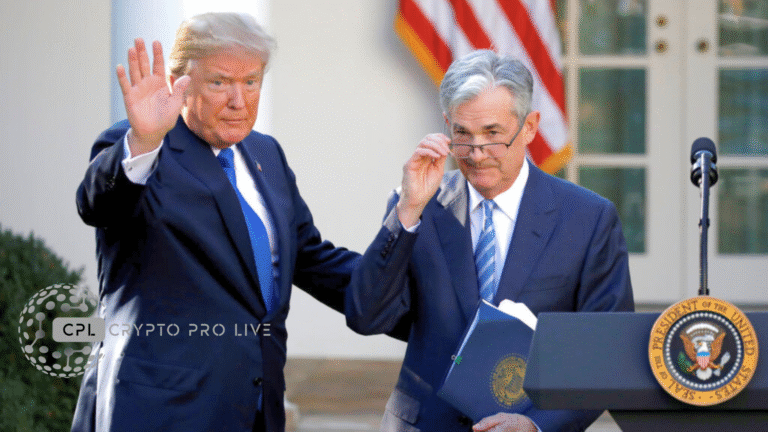In yet another blatant display of legacy media misinformation, 60 Minutes has been caught red-handed disseminating factually dubious claims regarding Kristina Drye’s professional affiliations. The show erroneously labeled her as a “USAID Employee” who was allegedly terminated, while also misrepresenting her as “Nonpartisan.” These statements have been swiftly debunked, raising serious concerns over the media’s continued efforts to engineer perception warfare against dissenting voices.
This latest journalistic malpractice, exposed by RealAlexJones on X (formerly Twitter), underscores the growing centralized media credibility crisis—one that parallels the very trust deficit crypto pioneers have long warned against in traditional financial and governance structures.
Decentralized Truth vs. Corporate Narrative Control
Much like the financial sector’s ongoing battle between trustless, verifiable blockchain systems and opaque centralized banking institutions, the media sphere is witnessing a seismic shift. The rise of uncensorable, immutable information channels is disrupting the old-guard gatekeepers—an inevitable evolution driven by the demand for provable truth over curated deception.
The weaponization of misinformation in mainstream discourse mirrors the coordinated FUD campaigns often deployed against disruptive crypto innovations. Whether it’s Bitcoin’s early days of being falsely linked to illicit activities or the SEC’s selective enforcement actions against blockchain projects, the establishment has a vested interest in narrative control.
Censorship Resistance: The Need for On-Chain Journalism
The Kristina Drye case serves as yet another case study in systemic disinformation, reinforcing the critical need for decentralized media models—akin to blockchain’s immutable ledgers. As crypto advocates push for trustless financial sovereignty, the demand for uncensorable news sources grows in parallel. Platforms leveraging on-chain credibility, ZK-verifiable facts, and decentralized storage could be the key to dismantling mainstream media’s monopoly on narrative fabrication.
In a world where propaganda can be repackaged as news, the crypto ethos of transparency, verification, and decentralization must extend beyond finance—into the battle for truth itself.



















